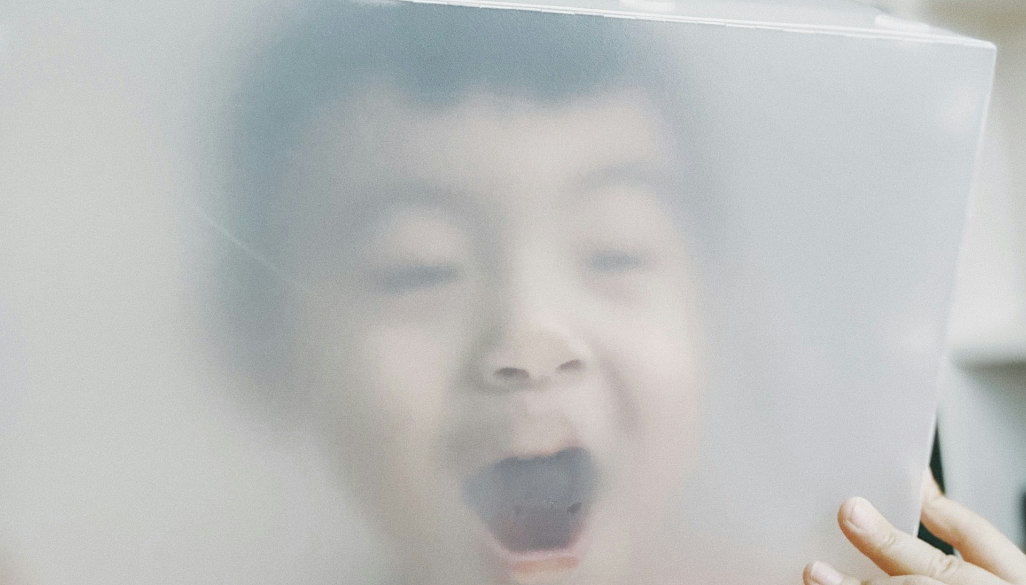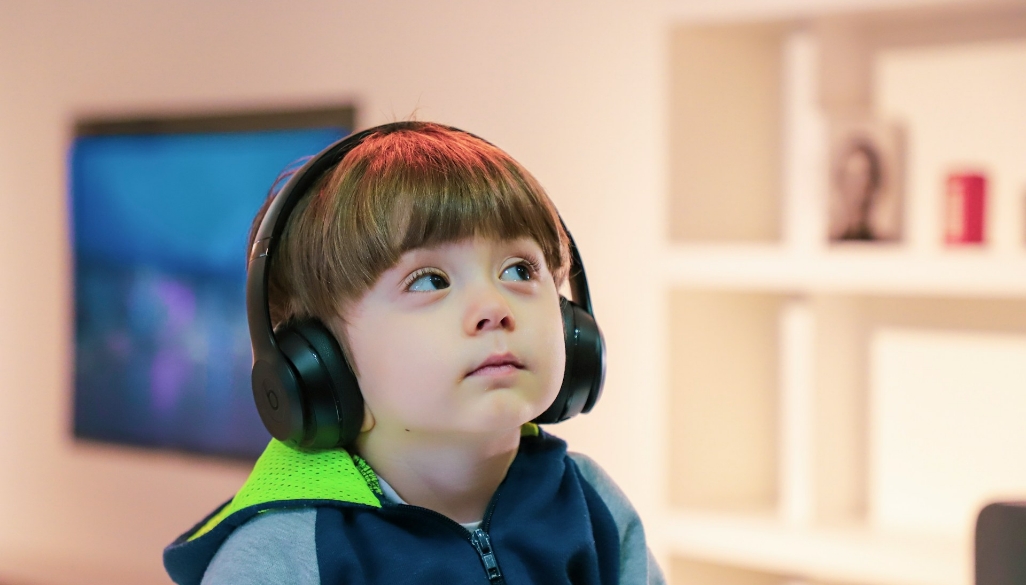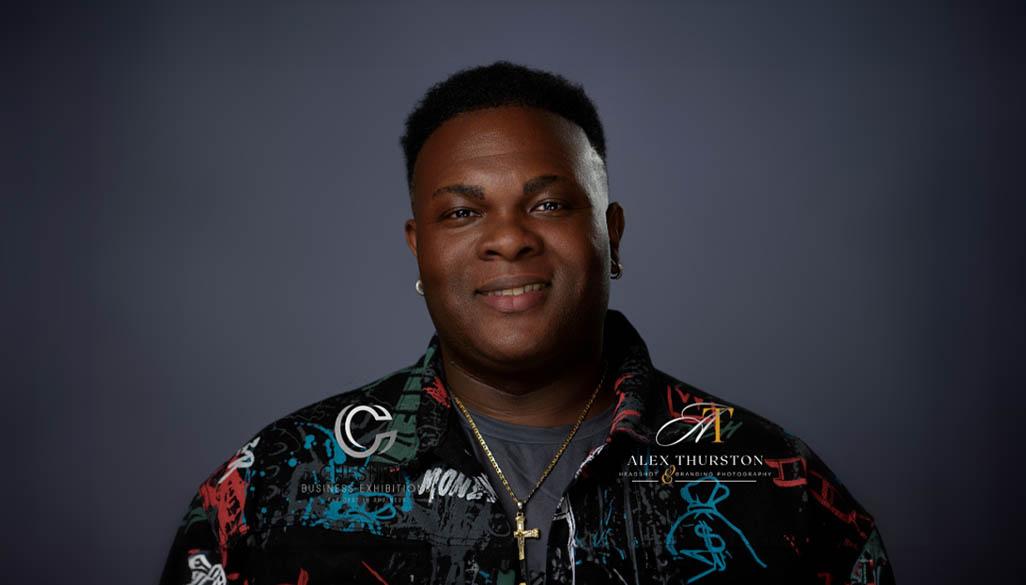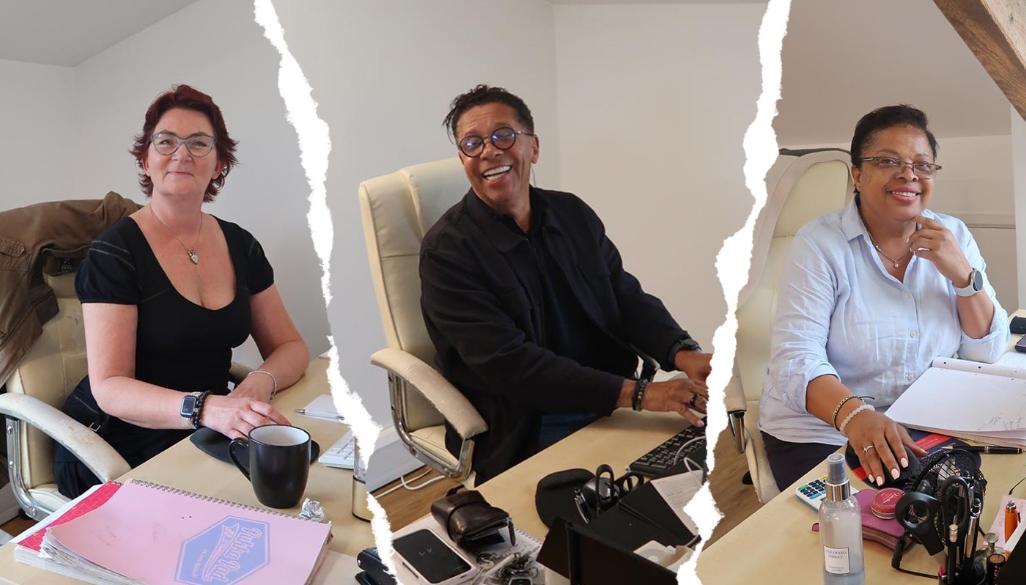How to Spot Early Signs of Autism in Your Child

A diagnosis can be life-changing — and getting it sooner rather than later can help both child and family.
Autism Spectrum Disorder (ASD) is a developmental condition that affects how a person communicates, interacts with others and experiences the world. In the UK, around 1 in 100 people are on the autism spectrum, with signs often noticeable before the age of three.
Early identification is vital. A timely diagnosis can open the door to support, therapies, and interventions that significantly improve a child’s development, learning and quality of life — while also bringing understanding and relief to families.
Understanding Autism
Autism is called a “spectrum” because it affects individuals differently and to varying degrees. Some children show clear signs early on, while others might not exhibit obvious behaviours until starting school. It’s important to remember autism isn’t an illness or something to be “cured” — it’s simply a different way of experiencing the world.
Early Signs to Watch For
Here are some common early indicators parents or carers might notice:
1. Delayed Speech or Communication
Children with autism may speak later than expected or not at all. Some may develop words and then lose them or use language unusually, such as repeating the same phrase (echolalia).
Avoiding eye contact or not responding when their name is called can be early red flags. A child might seem to “tune out” or prefer to be alone.
3. Repetitive Movements or Behaviours
Behaviours like hand-flapping, rocking, spinning objects or repeating actions are common. These may help the child self-soothe or manage sensory input.
4. Difficulty with Social Interaction
A child may show little interest in playing with others, struggle to understand emotions, or have trouble expressing their own feelings. They may not engage in pretend play or shared games.
5. Sensitivity to Sensory Input
Some children are unusually sensitive to lights, sounds, smells or textures. Others may seek intense sensory experiences like spinning or touching specific materials.
6. Strong Preference for Routine
Changes to routine or unexpected events may cause distress or anxiety. Many autistic children feel safer with predictable daily schedules.

What to Do If You’re Concerned
Noticing one or more signs doesn’t necessarily mean your child is autistic, but it’s wise to seek advice. Speak with your GP or health visitor, who can refer your child for developmental assessments if needed.
Early support services — including speech and language therapy, occupational therapy or specialist educational help — can make a big difference in helping your child thrive.
Final Thoughts
Receiving an autism diagnosis can feel overwhelming but can also be a turning point, helping families better understand their child and access vital resources. Every child is unique, and with the right support, autistic children can lead rich, fulfilling lives. The sooner the signs are recognised, the sooner the journey to support and understanding can begin.
Helpful Resources for Parents
Support and guidance if you’re concerned about autism in your child:
NHS – Autism in Children
A good starting point to understand signs, diagnosis, and NHS support.
🌐 NHS Autism
National Autistic Society (NAS)
Leading autism charity offering advice, educational resources and local support.
📞 Autism Helpline: 0808 800 4104
🌐 National Autistic Society
Contact
Charity supporting families of children with additional needs, including autism.
📞 Helpline: 0808 808 3555
🌐 Contact
Early Years SENCO (via your local council)
Speak to your child’s nursery or early years setting about involving a Special Educational Needs Coordinator. Local councils can offer assessments and support plans.












